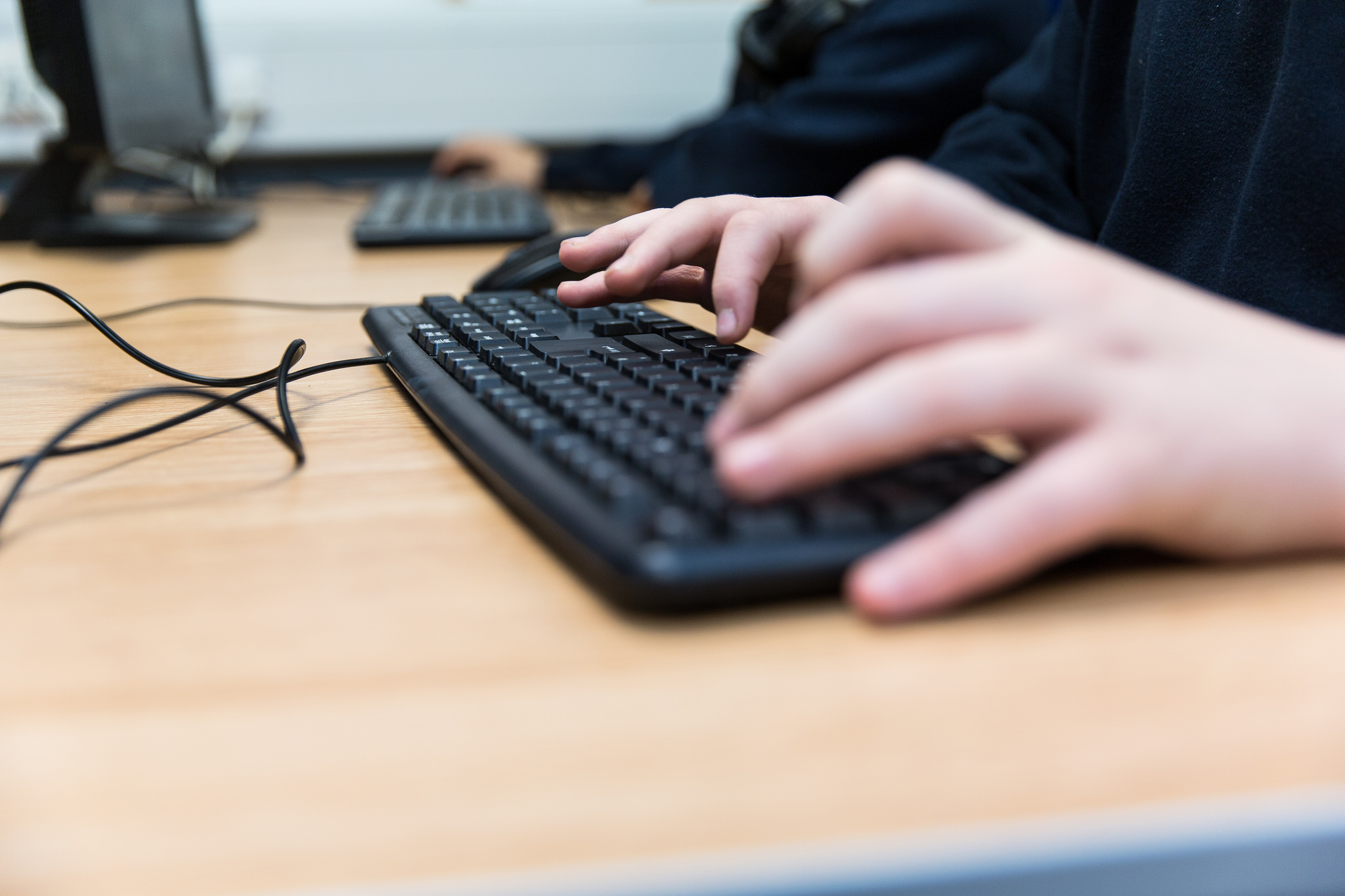Find out if you could be a foster carer
In a few simple questions, you’ll know if you’re suitable to apply to become a foster carer.

The internet has become a necessity in daily life and whilst it provides so many benefits, it also comes with a number of risks – especially for children. The trouble is, it’s difficult to establish how much you should monitor a child online. You don’t want to invade their privacy; particularly if your foster child is a teenager. However, you also don’t want them to get mixed up in something potentially dangerous.
So, how do you keep a child safe online and when is it acceptable to break privacy?
Protecting younger children
Research by Ofcom has found that around a third of 3-4 year olds now have access to the internet at home. Generally speaking, it’s much easier to protect children under the age of five online. Privacy doesn’t really become an issue until the child is older, so usually adopting strict parental controls is enough.
Parental controls can be set not just on desktop computers, but mobile and tablet devices too. They prevent your child from seeing inappropriate images and from going on unsuitable websites. It’s important to note that not all parental control tools are equal. Some are much better than others so it’s worth doing a little research to find the best ones.
Although they may be quite young, it’s still a good idea to establish internet rules. This could include things such as how much time they can spend online. Research shows too much screen time is bad for children. So, setting up time restrictions from an early age will make it a little easier to establish healthy screen-time behaviours later on in life.
Protecting older children
Now, protecting older children online is harder. Here you start to have additional problems such as privacy. Too much monitoring can damage your relationship with the child, while too little could be dangerous.
It’s still a good idea to have internet rules. This could include limiting the amount they spend online and rules for behaviour once they are online. For example, ensure they know not to do anything they wouldn’t do offline and to only talk to friends, not strangers, on social media.
You can also let them know the browsing history will be checked randomly. That way, they’re going to be more aware of the sites they use as they know you could potentially look to find out. Worried about the browsing history being deleted? There are ways to disable this feature.
When it comes to teenagers, restricting their internet use can be extremely difficult as they can often access the internet via multiple devices. If you are concerned about their internet use, one way to limit it would be to take their phone or tablet off them at bedtime, or only allow them access to their tablet at certain times of the day.
Overall, online safety is paramount in this digital age and whilst it’s impossible to monitor your child 24 hours a day, you can help by keeping an eye on their behaviour and openly talking to them about internet safety.